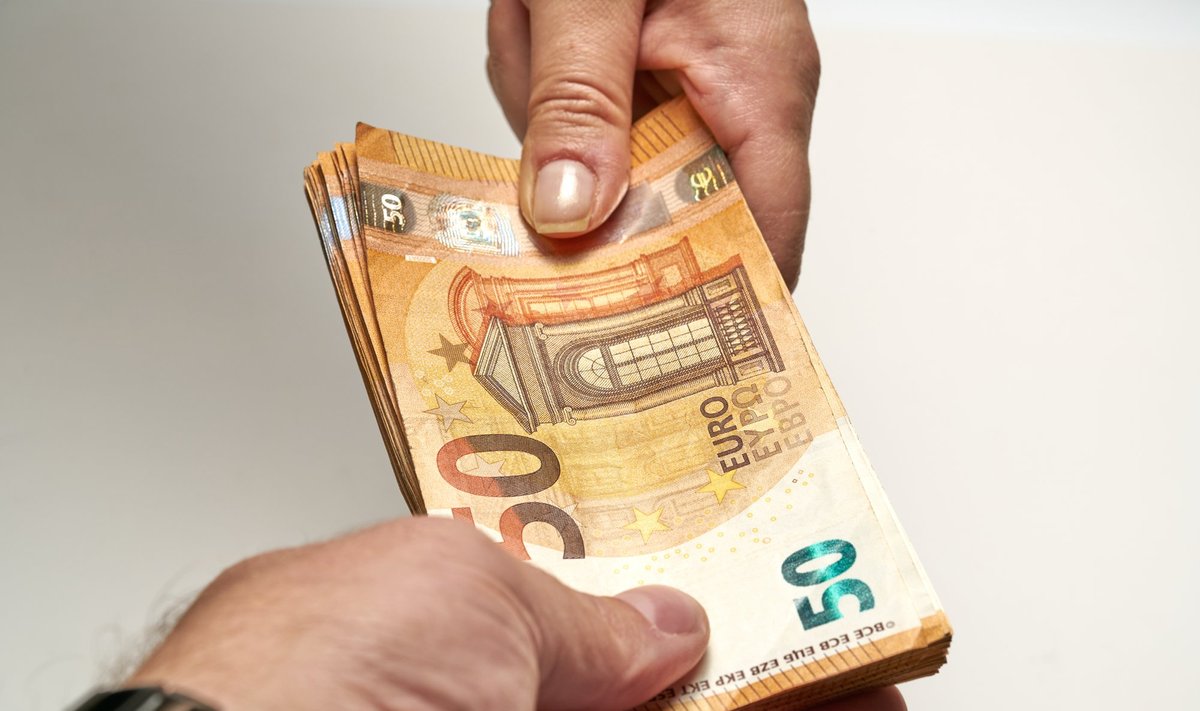"An analytical tool has been developed to help us to better model tax changes and assess the implications of changes for our economy and society. Certainly, that tool will contribute to the drafting of better tax laws," the minister told reporters at the Seimas on Tuesday, commenting on the World Bank's recommendations to Lithuania on income and corporate tax reform.
"The recommendations talk about reducing the VAT gap, as well as about increasing the collection of corporate tax, and changes to the personal income tax, which could lead to lower inequality and higher collection," she added.
Her spokeswoman Hermante Brandisauskaite later told BNS the mentioned VAT gap referred to the difference between the revenue the state could collect in the absence of the shadow economy, tax relief and law infringements, and the actual revenue.
According to the minister, a tax reform working group has analyzed such tax changes, but it is not yet clear when changes could be expected.
"In response to the recommendations, some changes have been drafted by the Finance Ministry, and a package of proposals has been submitted to the coalition partners for further discussion. Once we reach a political consensus, we will be able to get back to these discussions in the Seimas," Skaiste said.
In January-September, the state received 4.376 billion euros in VAT revenue, 6.2 percent (254.6 million euros) more than planned. It also collected 3.6 billion euros in residential income tax, or 8.1 percent (141.1 million euros) more than planned, as well as 1.284 billion euros in corporate tax, or 10 percent (116.4 million euros) more than planned.
